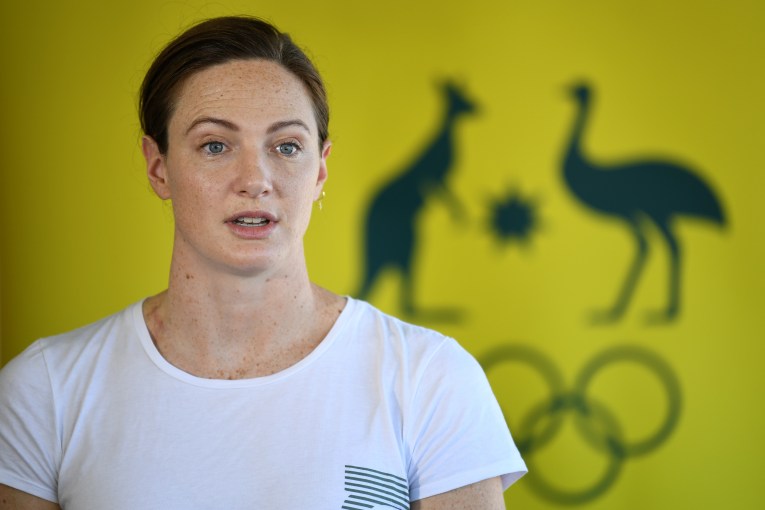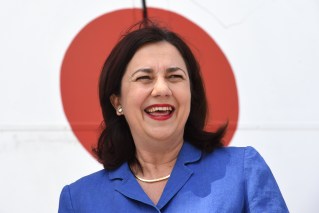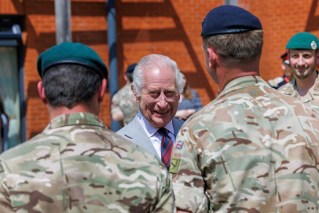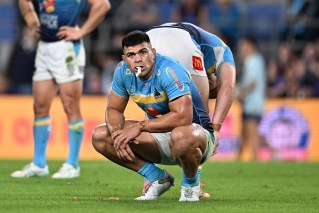Messi’s golden age: Maestro confirms place in soccer pantheon in ‘greatest-ever’ World Cup
There can hardly have been a more universal wave of appreciation for a sporting colossus than the moment Lionel Messi, like a kid who had found Christmas had come early, rubbed his hands in glee and lifted the World Cup to the Qatari skies.
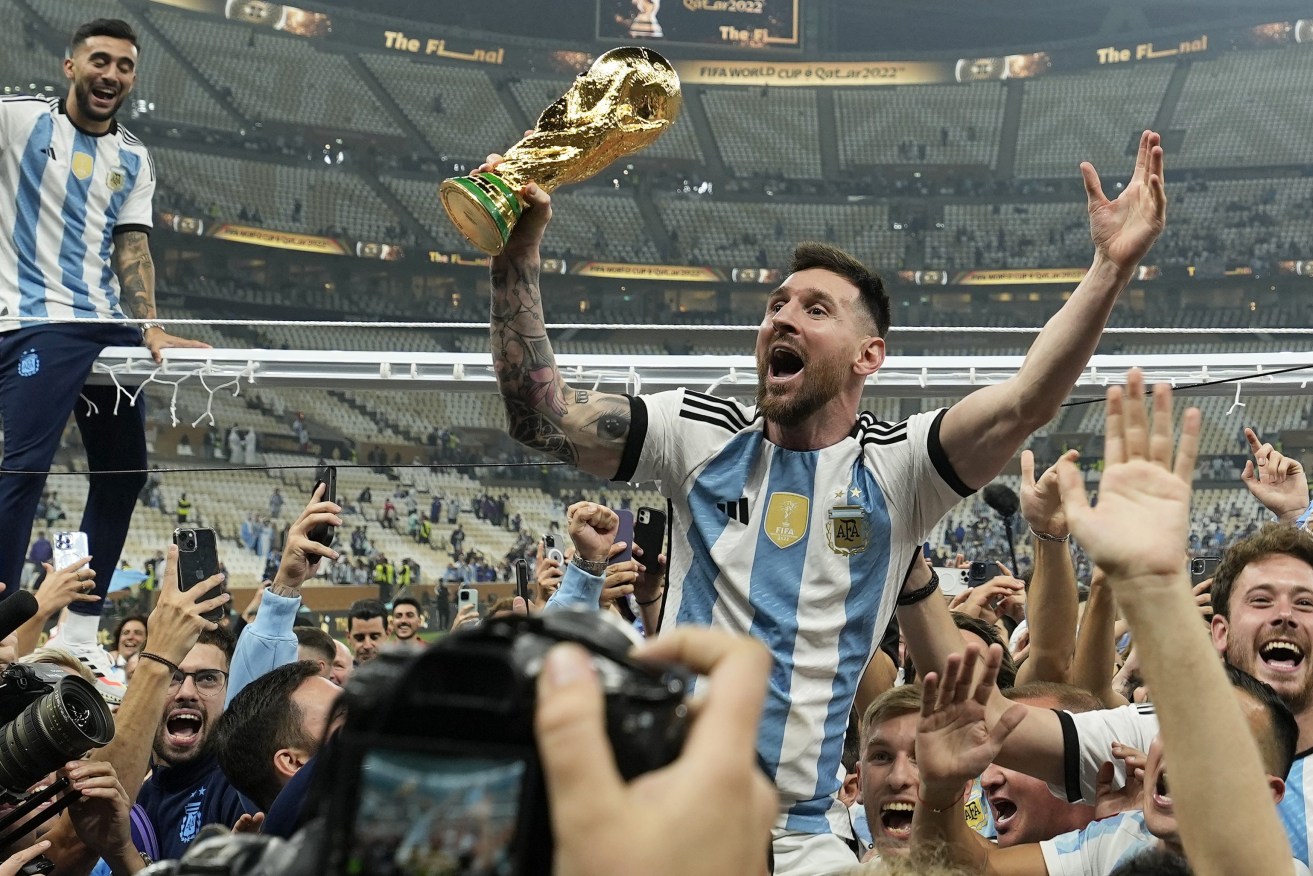
Argentina's Lionel Messi celebrates with the trophy in front of the fans after winning the World Cup final soccer match between Argentina and France at the Lusail Stadium in Lusail, Qatar, Sunday, Dec. 18, 2022. Argentina won 4-2 in a penalty shootout after the match ended tied 3-3. (AP Photo/Martin Meissner)
It felt like the moment everybody – well, everybody outside France – had longed to behold; the moment the little genius surely ended all arguments about his standing in the pantheon of soccer’s greats.
For here he was, at the very top, the best footballer of all time.
World Cup winner, Golden Ball winner, Silver Boot winner, player of the final winner … all rolled into one miraculous package.
Of course, the arguments will rage on. Pele’s trinity of titles, stretching over a 12-year period from teenage wonder in Sweden to the man who brought the World Cup into glorious technicolour in Mexico, will always stand alone in some eyes.
Messi’s compatriot Diego Maradona may have single-footedly – and, yes, single-handedly too – won the World Cup for Argentina in 1986, but the achievement of his modern-day successor as the perfect 10 surely topped even that.
For Maradona, even if he did carry that side in Mexico to the ultimate triumph, was 25 at the time – absolutely in his pomp as a player.
What has been so mesmerising about Messi’s performances in Qatar was that they were the work of a 35-year-old whose enduring magic enabled him to lump the 36-year weight of an entire nation on his shoulders and still sprinkle enough jewels to spoil us all.
There was the left-foot thunderbolt that bailed out his side against Mexico, the killer slide-rule finish that sank Australian dreams, the pass that no one else could see against the Dutch, and the mother of all assists while humbling one of the best young defenders in the tournament to dispatch Croatia.
But he is a different Messi now. Not the other-worldly 91-goal Messi of a decade ago; not the teenage Messi who slalomed his way through Getafe to show Maradona that at 19 he could do anything ‘El Diego’ could; not the Messi whose solo tours de force defied our imagination.
Throughout the tournament, the 2022 incarnation of Messi has been a ticking timebomb, ambling around the green acres looking for the moment to detonate and then exploding whenever the Albiceleste needed. Ah, that Messi stroll – sport’s deadliest trap.
He did not dominate this greatest of finals; there were moments when he looked weary, as if the whole burden might prove too much, as Kylian Mbappe provided the explosions for France.
Yet he was still the game’s pivotal figure, still going strong in extra-time when he managed to bundle in one of the scruffiest, but absolutely the most valuable, of all of his 793 career goals.
And that stroked penalty in the shootout? The very model of insouciance.
Perhaps the most surprising thing was that the man who has made the extraordinary seem workaday was still able to surprise us, even though he has been working these wonders like no one else for 17 years.
We have adored watching him ever since he delightfully lobbed his first Barcelona goal against Albacete and got a piggy back ride from Ronaldinho for his trouble.
“Most of us are Messi fans no matter what. We want him to win the World Cup and be seen on the same level in his home country as Maradona,” Jurgen Klinsmann said on the eve of Sunday’s game.
He was right. Messi’s body of work over these two decades, with practically every goal captured in an endless, dizzying highlights reel that no other player has come close to emulating over such an extended period, made him the very best anyway – even without this final, extraordinary adornment in the Middle East.
Despite the doubters’ assertions, he did not need this triumph to secure his legacy as the best. The seven Ballons d’Or, the four Champions League triumphs, the Copa America, the 10 La Liga crowns, the 38 major titles for club and country already spoke for him. This was just the exclamation mark.
For the records have come racing in what looks as if it will be his farewell international tournament.
His all-time mark of 26 World Cup matches played; the first man to win two Golden Balls as the World Cup’s top player; the first ever to score in every round – group stage, the last-16, quarter-finals, semi-final and final – at a single World Cup.
But with Messi, while the records have always continued to astound, it has never been about the landmarks. They are not what made the heart leap.
As his old mentor Pep Guardiola, borrowing from the words of poet Maya Angelou, once said when musing on Messi: “I’ve learnt that people will forget what you said, people will forget what you did, but people will never forget how you made them feel.”
